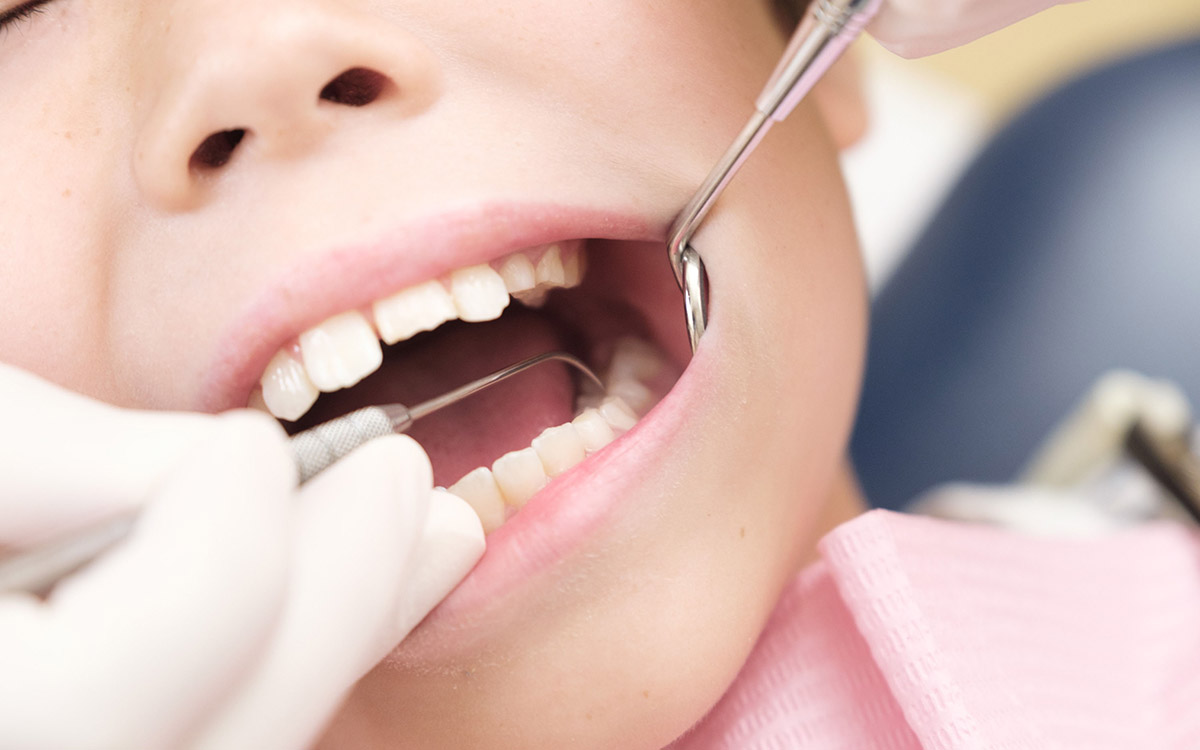A Healthier Smile Starts with One Simple Habit: Prevention
Cavities may be small, but they can cause big problems—from pain and infection to tooth loss and costly treatments. Fortunately, there is good news! Tooth decay is one of the most preventable dental conditions.
By adopting a few smart habits and scheduling regular dental check-ups, you can halt the progression of decay before it compromises your enamel. This guide is here to help you recognize the early signs, understand what causes cavities, and build a prevention plan that keeps your teeth strong, healthy, and cavity-free.
“Prevention doesn’t just save teeth—it saves time, money, and your smile.”
What Really Causes Tooth Decay?
Tooth decay happens when the bacteria in your mouth feed on sugar and produce acids that slowly break down your tooth enamel. Over time, this erosion creates holes—aka cavities—that require fillings, crowns, or even root canals if left untreated.
Common risk factors for cavities include:
- Poor brushing and flossing habits
- High-sugar or acidic diets
- Dry mouth or reduced saliva production
- Smoking or tobacco use
- Skipping regular dental checkups
The process starts long before you feel pain. That’s why early detection is key—your dentist can spot weak enamel and reverse early decay before it turns into something serious.
How to Prevent Cavities (Yes, Even If You Love Sugar)
Good news: you don’t have to give up chocolate or live on kale to keep your teeth healthy. You just need the right routine.
Here’s your dentist-approved prevention checklist:
- Brush twice daily with fluoride toothpaste – Especially before bed. Fluoride strengthens enamel and neutralizes acid.
- Floss daily – Your toothbrush can’t reach between your teeth where bacteria love to hide.
- Cut back on sugary snacks and sodas – Or rinse with water right after consuming them.
- Chew sugar-free gum – It helps stimulate saliva and clean your mouth.
- Visit your dentist every 6 months – Professional cleanings remove buildup and detect decay early.
Your dentist might also recommend sealants for molars or fluoride treatments during checkups—especially if you’re prone to cavities or have a history of decay.
“Strong teeth don’t come from perfection—they come from prevention.”
What to Do If You Already Have a Cavity
If your dentist discovers a cavity during your checkup, don’t panic. Treating tooth decay early is simple, fast, and virtually painless thanks to modern dentistry.
Depending on the severity, your treatment may include:
- Tooth-colored fillings – Quick, discreet, and long-lasting.
- Fluoride treatments – For early-stage enamel breakdown.
- Crowns or onlays – For larger areas of decay.
- Root canals – If the decay has reached the inner pulp of the tooth.
The key is to not wait. Catching cavities early means avoiding more complex (and expensive) procedures later on.
Conclusion: Keep Decay Away and Smile With Confidence
Tooth decay is common—but it doesn’t have to be part of your story. With the right habits, regular dental visits, and a little knowledge, you can protect your teeth for life.
Your dentist is your partner in prevention. Together, you can build a care plan that works with your routine and keeps your smile strong, healthy, and confident.
FAQ: Tooth Decay Prevention
What are the earliest signs of a cavity?
Tooth sensitivity, discoloration, or mild pain when eating sweets may indicate early decay. However, cavities often remain symptom-free until they become advanced.
Can cavities heal on their own?
Fluoride can sometimes reverse early-stage enamel erosion, but once a cavity forms, it requires a professional filling.
How often should I see my dentist?
Every 6 months is ideal for most people. If you’re prone to decay, your dentist may recommend more frequent visits.
Are electric toothbrushes better?
Yes. They’re more effective at removing plaque and reducing gingivitis, especially for people with limited dexterity.
Does sugar really cause cavities?
Yes—but it’s the combination of sugar and poor oral hygiene that leads to decay. Brush and floss consistently, and sugar becomes much less of a threat.







